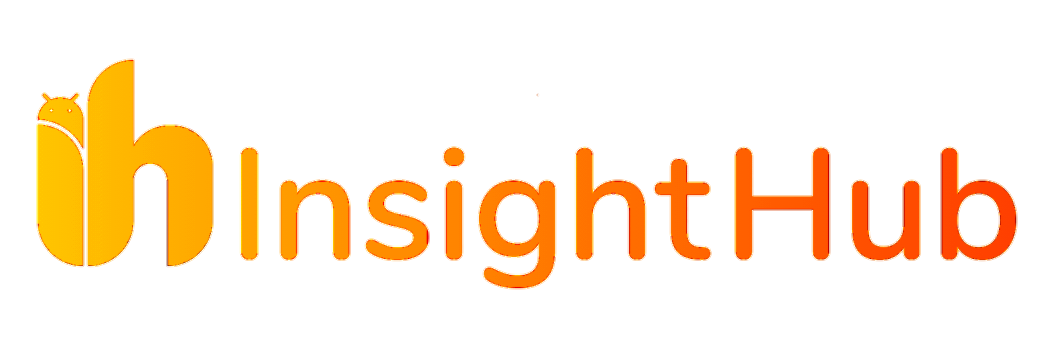According to Frances Haugen, research reveals that Facebook amplifies hate and disinformation, increases division, and Instagram can affect the mental health of teenage girls.
After a whistleblower showed that Facebook was aware of the detrimental repercussions of its products and decisions, things aren’t looking good for the business, which also owns platforms like Instagram and WhatsApp. The whistleblower, who was a source for a series of pieces in the Wall Street Journal, has now been identified in an interview with ’60 Minutes’ on Sunday, October 3.
She claims that Facebook has repeatedly demonstrated that profit comes before safety. In the interview, Haugen expressed her hope that by coming forward, the government will put regulations in place to govern the company’s activities. She will testify before the US Congress this week. She was previously a lead product manager at Facebook, where she stated that she wanted to work on issues of misinformation when she was hired.

She filed anonymous complaints with US federal law enforcement, claiming that Facebook’s own research demonstrates that it amplifies hatred and misinformation, increases polarisation and that Instagram, in particular, can affect the mental health of teenage girls.
She also says Facebook’s reporting on its COVID-19 misinformation and hates speech policing aren’t completely clear. The following are the five most important lessons learned from the whistleblower’s revelations:
The algorithm: During the conversation, she explained how Facebook’s algorithm selects content that is likely to elicit the most engagement and enrage you. This isn’t always true, thus Haugen explains that it means the corporation is constantly optimising its own interests. This occurred after the platform’s algorithm was changed in 2018, prioritising engagement, which is referred to as “meaningful social interactions.”
“Its own study shows that hateful, divided, polarising content is easier to inspire people to rage than it is to inspire people to other emotions,” Haugen said, adding, “Misinformation, furious stuff, is tempting to people and keeps them on the platform.”

Good for the general public vs. Facebook: There were conflicts of interest between what was good for the public and what was good for Facebook, she claimed. “And Facebook opted to optimise for its own interests, like making more money, again and over again,” she said. She claimed that if the algorithm is adjusted to make the platform safer, people will spend less time on it, resulting in fewer people using it.
She explained that the corporation realised that if the algorithm is adjusted to make the platform safer, people will spend less time on it, which means fewer people will click on adverts, and the site will earn less money.
She emphasised that the current form of Facebook is pulling societies apart.
“When we live in an information environment filled with furious, hostile, polarising stuff, it erodes our civic trust, our faith in one another, and our desire to care for one another.” The current version of Facebook is driving our societies apart and inciting racial bloodshed.”

“When we live in an information environment filled with furious, hostile, polarising stuff, it erodes our civic trust, our faith in one another, and our desire to care for one another.” The current version of Facebook is driving our societies apart and inciting racial bloodshed.”
Also read : Why Were Whatsapp, Instagram, And Facebook Down? Explained
Profit above safety: She went on to say that the company doesn’t offer the same safety mechanisms in all of the languages that the platform is utilised in or all of the nations where it is available because it wouldn’t be profitable
According to her, Facebook produces varying amounts of money in different countries across the world, and when the company grows into a new linguistic area, “it costs just as much, if not more, to build the safety systems for that language as it did to make English or French.”

“Because each new language costs more money, but there are fewer and fewer people who want to learn it.” So, in a lot of these regions of the world, the economics just don’t make sense for Facebook to be secure,” she said.
Instagram: Haugen also discussed the impact that Facebook’s own research revealed concerning Instagram’s influence on adolescent females, including how the platform made them feel worse about their bodies and exacerbated suicidal thoughts, according to Facebook’s own research.
According to Facebook’s own research, when these women read more and more eating disorder information, they get sadder and use the app more. As a result, individuals are caught in a feedback loop where they detest their bodies more and more. Instagram is not only risky for teenagers, but it also harms them, according to Facebook’s own studies. It’s because it’s so much worse than other forms of social networking,” she explained.

This was previously uncovered by the Wall Street Journal, and the WSJ analysis even included a small tidbit of information about India.
“It’s interesting that these findings hold for appearance-based comparisons (rather than merely comparisons of achievements or status),” the study found, “particularly given societal expectations for looks are tougher for women in India than for men.”
Safeguards: Haugen was a member of the Civic Integrity team at Facebook, which was disbanded after the 2020 US Presidential Election. Certain measures, she claimed, that had been put in place to reduce misinformation had been disabled. “I don’t believe they are willing to invest what is required to keep Facebook from becoming dangerous.”
Also read : TVS Motor Has Partnered With Tata Power To Build EV Charging Infrastructure
Follow us on Twitter, Telegram and Instagram







2 comments
Comments are closed.